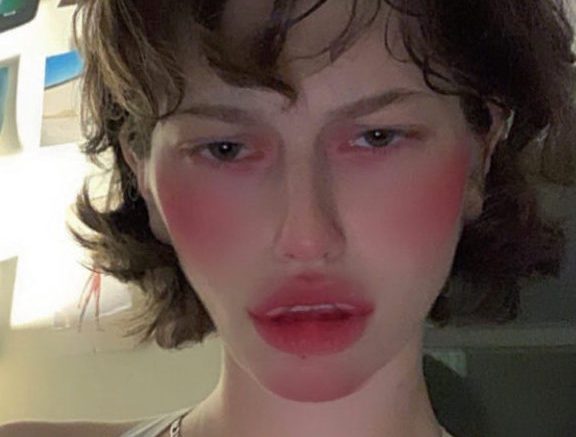This generation has been blessed by the power of the internet and all of the exciting technology that comes with it. Everything we want to find only needs a search and a “click”. Even, virtual surgical procedures.
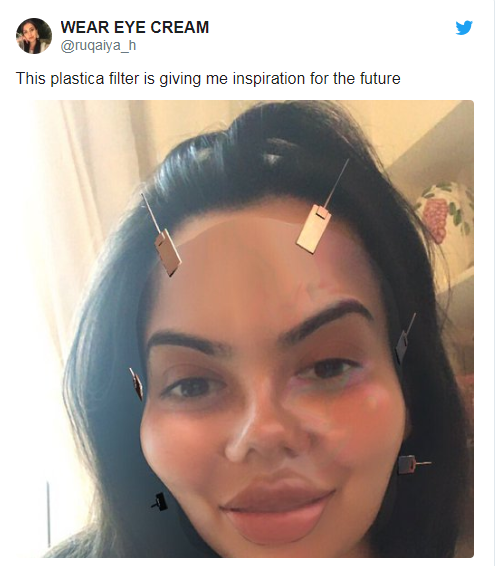
Instagram user showing the ‘Plastica’ filter and claiming to find ‘inspiration from it’
One of the biggest platforms right now is Instagram – owned by Mark Zuckerberg – which permits the users to share and like pictures or videos. Born in 2010, the early years of the platform were nothing more than a new means to share your life – e.g. puppies and sunset pictures with followers.
With the inevitable growth of users and the development of trends, these innocent pictures were replaced and overtaken in popularity by sculptured models’ bodies, retouched faces and filters. These factors have now lead to a misconception of what the ‘average’ body looks like. Many feel a constant desire to look ‘perfect’ – automatically lowering their self- esteem if they don’t look like all of the carbon copy models.
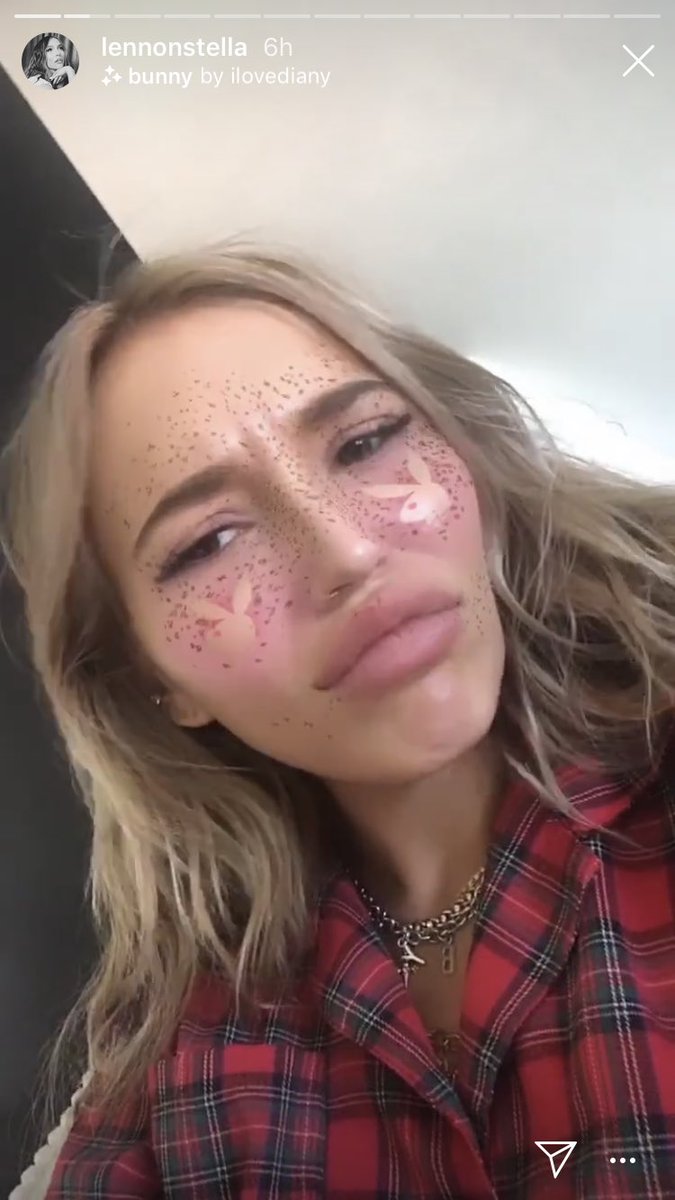
Instagram user shows off popular filter with freckles and a Playboy logo. Her lips appear to have been enlargened.
It is a well-known fact that younger audiences and users are obsessed with posting and sharing stories to get the approval of followers. Since the introduction of face filters, Instagram has received a lot of backlash. The filters seem to be trying to promote plastic surgery and unnatural facial features.
One of the most popular filters is called ‘Holy Natural’, which in itself is contradictory. As it shows very high and highlighted cheekbones, freckles and big exaggerated lips.
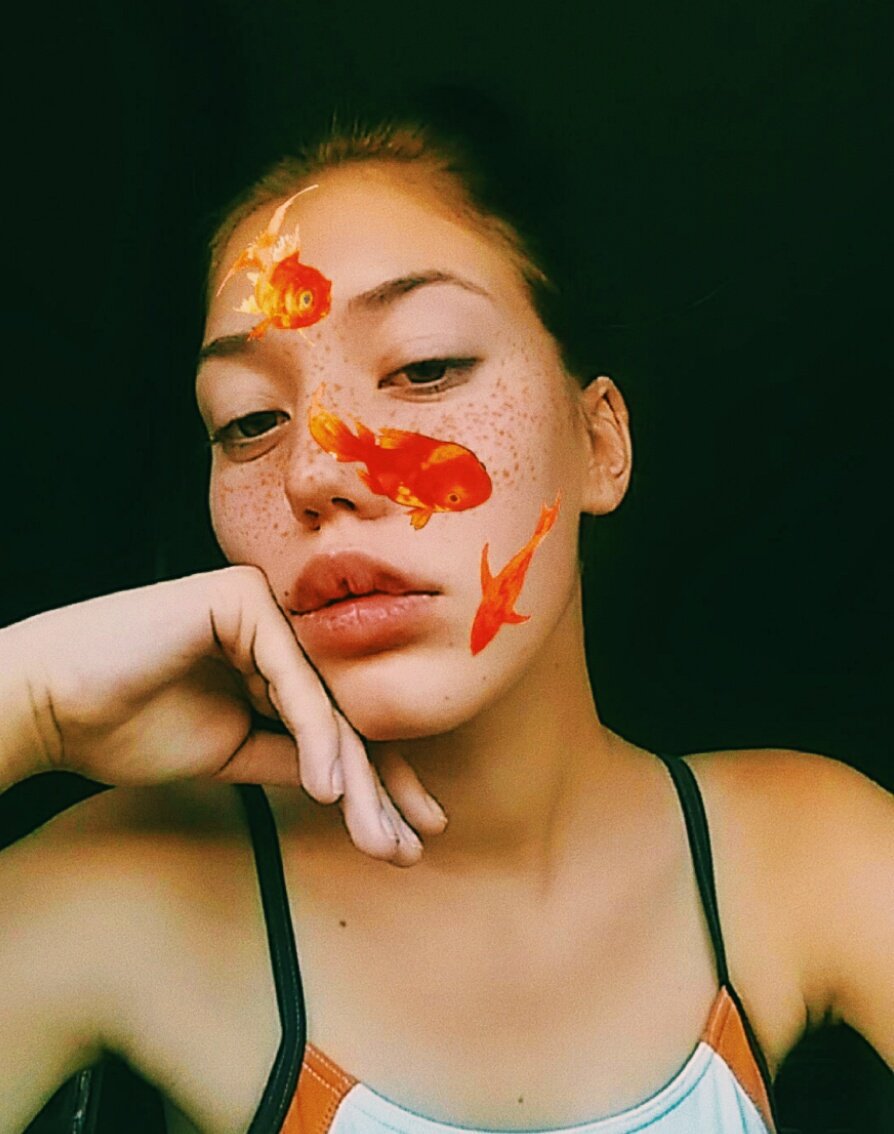
Instagram user shows off the ‘fun’ side of the filters as fish can be seen to be swimming across her face.
The other two filters that have been questioned are ‘FixMe’ and ‘Plastica’, which have been used by many influencers and celebrities – who are often described as ‘role models’ for their followers.
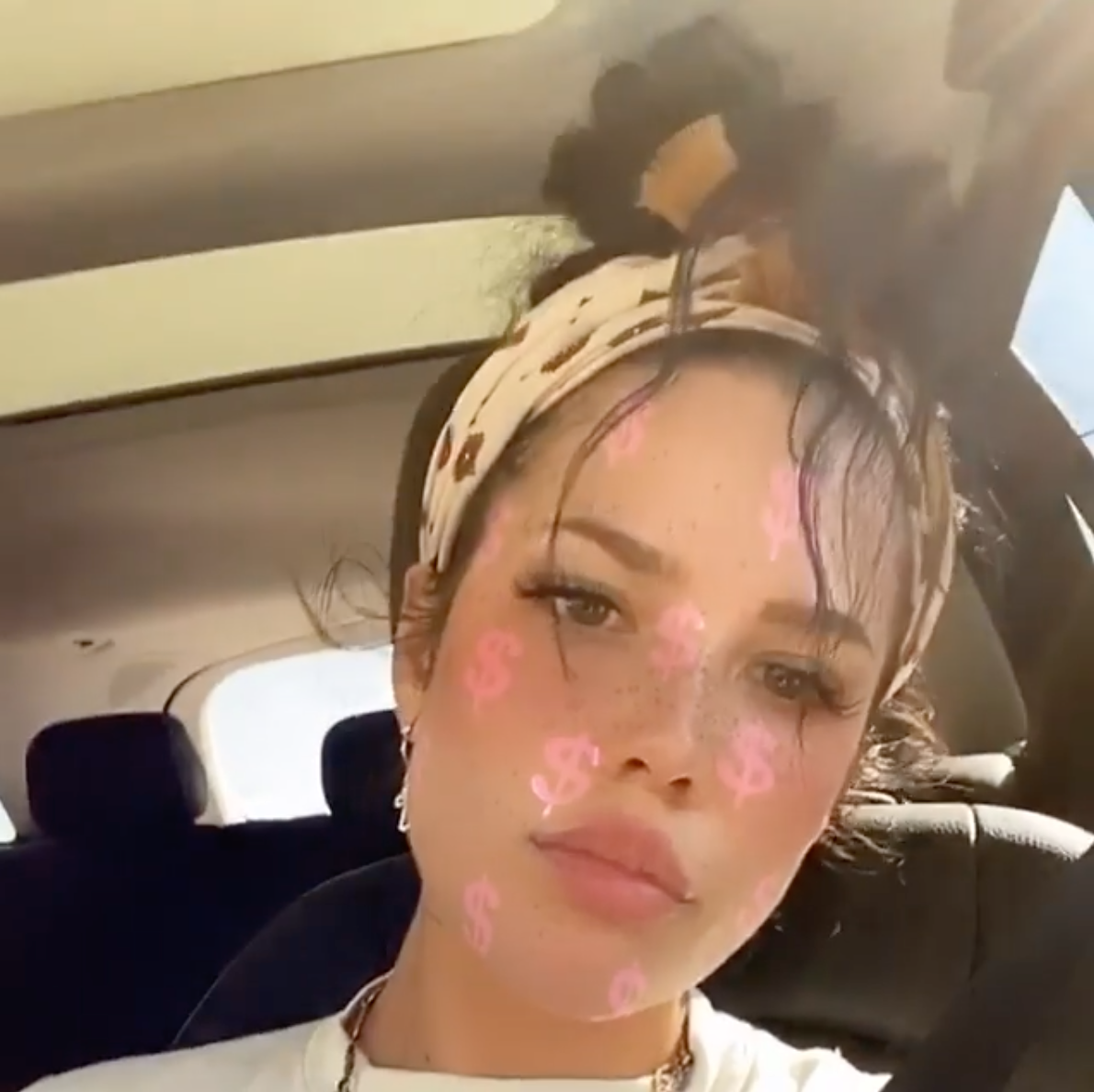
Singer, Halsey using a popular Instagram filter with pink dollar signs.
Spark AR – the platform Facebook and Instagram are using to generate and approve the filters – announced that all filters which are promoting distorted surgical images will be banned.
Their official statement is as follows:
“We want Spark AR effects to be a positive experience and are re-evaluating our existing policies as they relate to well-being”.
Instagram is now attempting to promote a natural and normal look on a platform that is known for the opposite.
They are focusing on helping people understand how much our individual traits, imperfections and strengths make us unique. Highlighting that there is no ‘perfect’ one-way to look.
Written by Benedetta Giorgianni

